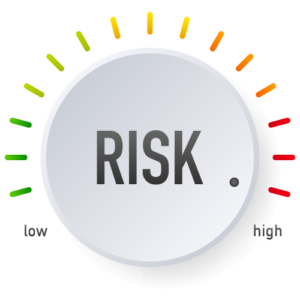Project Management Consultancy (PMC)
Quantity Surveying
A bill of quantities is a document used in tendering in the construction industry in which materials, parts, and labor are itemized. It also details the terms and conditions of the construction or repair contract and itemizes all work to enable a contractor to price the work for which he or she is bidding.
BOQ document is prepared to allow the quantification and costing of construction works and may be prepared during several stages on a project for all of the works or a sample of the works. Value international quantity surveyor will estimate the Quantities of the materials and labor necessary for the construction project as per international standards and Saudi’s local regulations to allow contractor’s to estimate Project’s cost.

Project schedule planning
A project management schedule is a calendar or timeline that project managers use to keep track of tasks and deadlines. Managers schedule start and end dates for individual tasks within the project timeline to make sure the entire project advances at an appropriate speed.
We at Value International Group have our team of planners to Identify all the functions required to complete the project. Break down large functions into small activities. Determine the dependency among various activities. Establish the most likely size for the time duration required to complete the activities
Risk Management
VIG Risk management framework components are risk identification; risk measurement and assessment; risk mitigation; risk reporting and monitoring; and risk governance.
Construction risk management is not merely a precautionary measure but a foundational element of project management that ensures projects are delivered on time, within budget, and to the desired quality standards.
Benefits:
Effective risk management in construction can lead to:
• Enhanced safety on-site
• The protection of the health and safety of workers and the general public
• The prevention of costly delays and disputes
• Streamlined operations
• The protection of the financial investment of stakeholders.
• Risk management planning helps identify and mitigate risks that could
negatively affect projects

